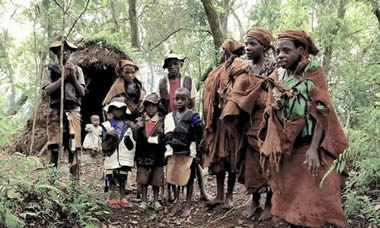485
Respecting Local Cultures: Do’s and Don’ts for a Safe and Respectful Safari
previous post




